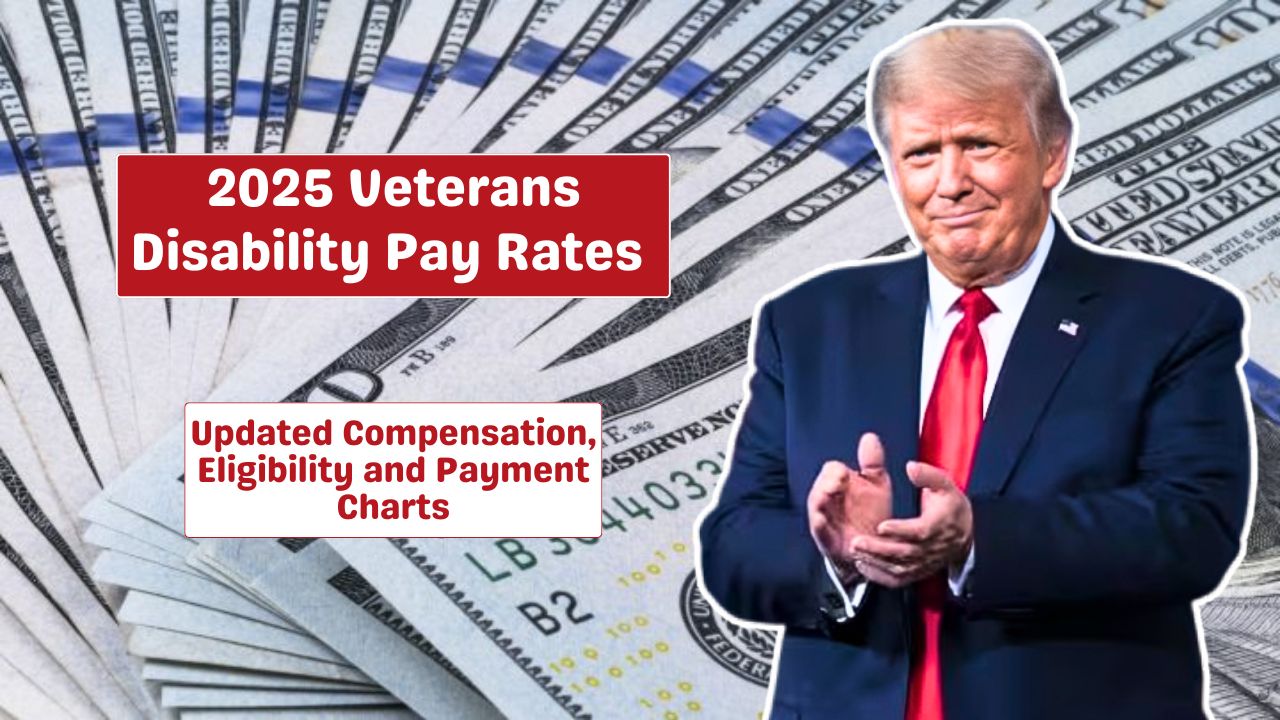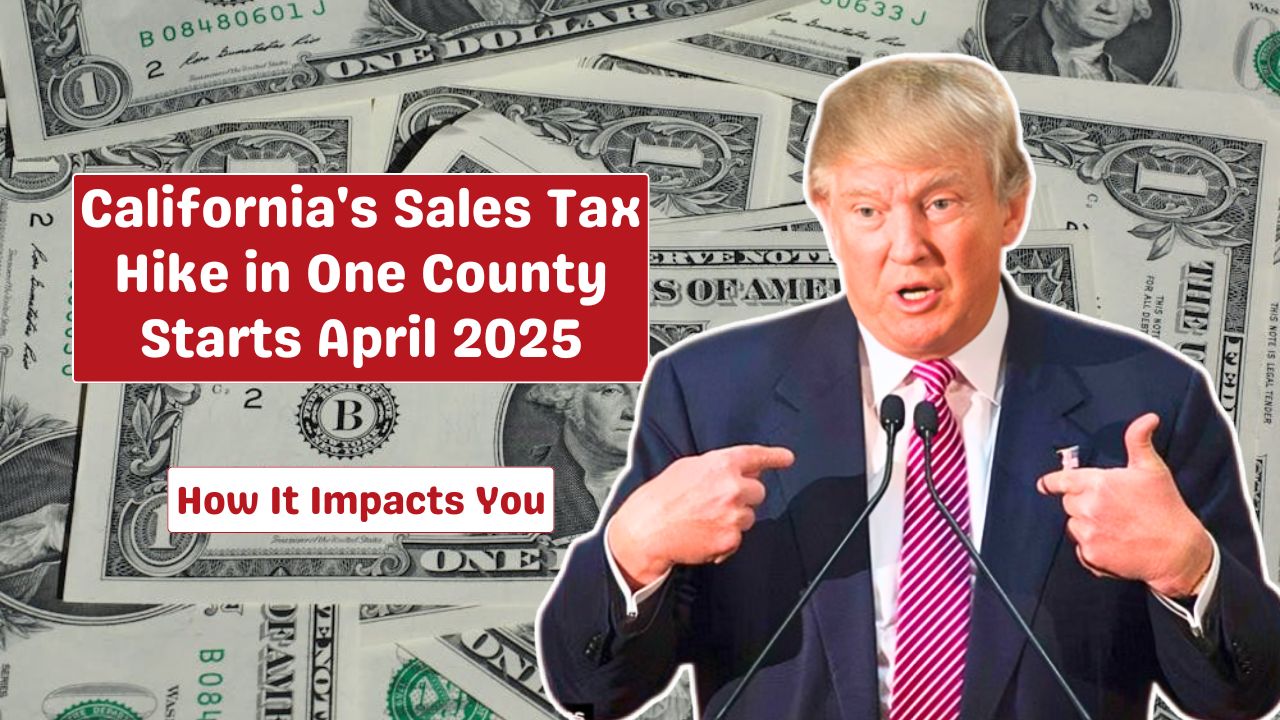The Social Security Fairness Act, recently passed by the House of Representatives, aims to repeal two contentious provisions—Windfall Elimination Provision (WEP) and Government Pension Offset (GPO)—that have long affected public service retirees who also contributed to Social Security. With the ball now in the Senate’s court, the act has sparked both hope and controversy.
This bipartisan-backed legislation intends to address inequities that reduce benefits for retirees who worked in both public and private sectors, ensuring they receive full entitlements from their Social Security contributions.
Table of Contents
Purpose
The WEP and GPO adjustments are viewed by many as outdated. Initially designed to prevent retirees from receiving disproportionate benefits, these provisions often penalize public-sector workers, such as teachers and first responders, who also paid into Social Security through private employment.
Rep. Garret Graves (R-La.), co-author of the bill, emphasized its urgency, calling for swift Senate action to avoid delaying or derailing the legislation. According to Graves, folding the act into broader end-of-year negotiations could jeopardize its passage.
Bipartisan Challenges
Despite the 300 votes securing its passage in the House, the act faces challenges. Some lawmakers and experts criticize the process rather than the policy itself. A discharge petition, an unusual legislative tool bypassing leadership, was used to move the bill forward. Critics like Rep. Glenn Grothman (R-Wis.) argue this tactic undermines party discipline, though they do not dispute the bill’s merit.
Andrew Biggs, a policy expert, raises concerns about eliminating WEP and GPO entirely. He advocates for refining the formulas rather than discarding them, noting these provisions, while flawed, broadly aim for fairness.
| Provision | Impact |
|---|---|
| Windfall Elimination Provision (WEP) | Adjusts benefits for retirees with pensions from non-Social Security-covered jobs. |
| Government Pension Offset (GPO) | Reduces spousal or survivor benefits for retirees receiving government pensions. |
Implications
Supporters argue that repealing these rules would rectify long-standing inequities, benefiting 2.5 million retirees nationwide. Opponents worry about fiscal implications, with critics suggesting a complete repeal could inadvertently benefit some retirees unfairly.
Next Steps
For the act to become law, Senate Majority Leader Chuck Schumer (D-N.Y.) and Minority Leader Mitch McConnell (R-Ky.) must prioritize the bill for a vote. Advocates stress the rare opportunity to advance the legislation, urging leaders to seize the moment.
As the Senate deliberates, this debate highlights broader tensions between fairness and fiscal responsibility in reforming Social Security.
FAQs
What is the Social Security Fairness Act?
A bill to repeal WEP and GPO, ensuring fairer benefits for retirees.
Who benefits from this act?
Retirees impacted by WEP and GPO, mainly public-sector workers.
What is the WEP?
A rule adjusting Social Security benefits for those with non-covered pensions.
Why is GPO controversial?
It reduces spousal benefits for retirees with government pensions.
What happens next?
The Senate will decide whether to pass the bill.








